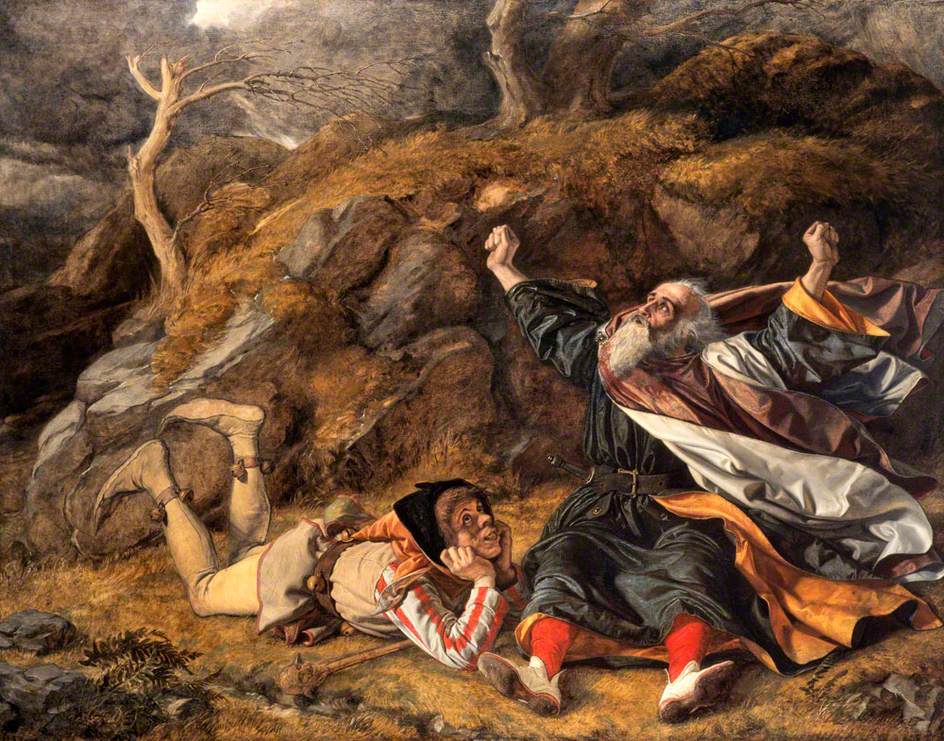“Thou shouldst not have been old till thou hadst been wise.”
— William Shakespeare (King Lear, Act 1, Scene 4)
Ann Arbor Hash Bash Turns 50https://t.co/fNB9l2Ig11 pic.twitter.com/nGRECzx9Kf
— Standards Michigan (@StandardsMich) April 2, 2022
“G.K. Chesterton’s Fence” is a concept often cited in discussions about change, reform, and tradition — in software as well as in “campus traditions”.
It’s derived from a quote by the English writer, G.K. Chesterton, which goes: “In the matter of reforming things, as distinct from deforming them, there is one plain and simple principle; a principle which will probably be called a paradox. There exists in such a case a certain institution or law; let us say, for the sake of simplicity, a fence or gate erected across a road. The more modern type of reformer goes gaily up to it and says, ‘I don’t see the use of this; let us clear it away.’ To which the more intelligent type of reformer will do well to answer: ‘If you don’t see the use of it, I certainly won’t let you clear it away. Go away and think. Then, when you can come back and tell me that you do see the use of it, I may allow you to destroy it.'”
In essence, Chesterton is cautioning against the impulse to dismantle or alter established systems, institutions, or traditions without fully understanding why they were put in place in the first instance. The “fence” represents any existing structure, rule, or tradition, while the act of removing it symbolizes reform or change. Chesterton suggests that before advocating for the removal or alteration of something, one should first understand its purpose and history. This is because such structures often have reasons for their existence, which might not be immediately apparent to those seeking change.
The principle emphasizes the importance of respecting tradition and the wisdom of those who came before, as well as the necessity of informed decision-making when it comes to implementing reforms. It urges individuals to exercise caution and humility, recognizing that existing systems may have evolved to address specific needs or challenges, and that blindly discarding them could lead to unforeseen consequences.









